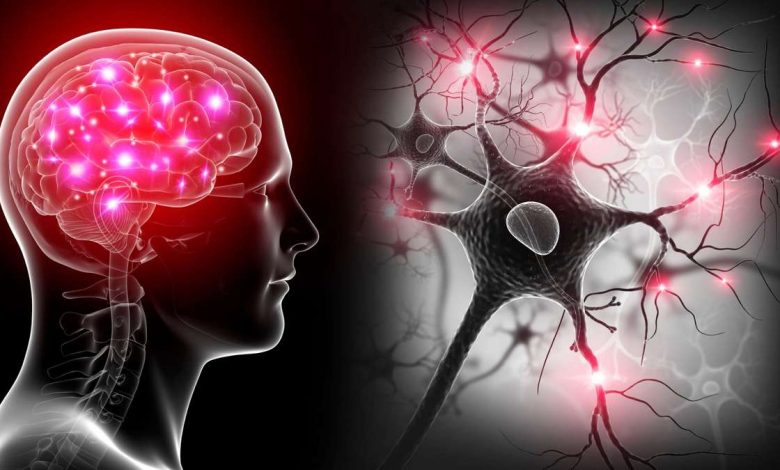Encephalopathy: what is this, the cause of the, symptoms, diagnostics, treatment, prevention

What is encephalopathy?
Encephalopathy – state, caused by diseases, that affect vast areas of the brain. The disease can affect the function and/or structure of the brain, and can have many physical and mental symptoms. Altered mental status, eg, confusion and sudden mood changes, are often the hallmark of encephalopathy.
There are several different types of encephalopathy, as for the main causes of their occurrence. Treatment of illness or injury, caused the encephalopathy, helps reduce negative symptoms, or completely get rid of them. Some form of encephalopathy can lead to long-term changes in the brain. If brain damage is serious and cannot be cured, the disease can be fatal.
Causes of encephalopathy
Were causing infection or extensive brain injury. Some common causes of encephalopathy include:
- Infection;
- Head injury;
- Metabolic disorders, that cause an imbalance of nutrients and electrolytes, which are necessary for normal functioning of the brain;
- Brain tumor or increased intracranial pressure;
- Exposure to toxins;
- Poor diet, What causes an imbalance of nutrients and electrolytes, which are necessary for normal functioning of the brain;
- Lack of inflow of oxygen or blood to the brain;
- Organ failure.
Risk factors of encephalopathy
Risk factors will vary depending on the type of encephalopathy. For Example, alcohol abuse increases the risk of Wernicke's encephalopathy or hepatic encephalopathy.
Symptoms of encephalopathy
Altered mental state when the encephalopathy may include:
- Sudden or progressive changes in memory;
- Inability to concentrate;
- Violation of thinking;
- Abnormal drowsiness;
- Mood changes;
- Progressive loss of consciousness;
- Slight personality changes.
Other symptoms may include:
- Involuntary twitching of muscles and difficulty walking;
- Tremor;
- Muscle weakness and volatility;
- Abnormal eye movements;
- Convulsions.
Signs of enhancing brain lesions resulting in encephalopathy:
- Severe confusion;
- Disorientation;
- Severe drowsiness;
- Coma.
When you see these symptoms should immediately seek medical assistance.
Diagnosis of encephalopathy
The doctor will ask about your symptoms and medical history, and perform a physical examination.
To confirm the diagnosis and determine the causes or extent of encephalopathy, the doctor may prescribe:
- Blood tests;
- Lumbar puncture – the selection of a small amount of spinal fluid for testing;
- Head CT or MRI – to run pictures of brain structures;
- Electroencephalogram (EEG) – test, that fixes the electrical activity of the brain.
Treatment of encephalopathy
The goal of treating encephalopathy is in an attempt to stop or reverse the damage the brain, caused by disease. Treatment of encephalopathy is aimed at addressing its causes, and may include:
- Medication – to treat infections, controlling negative symptoms, such as high blood pressure, withdrawal of toxins, and fill the loss of vitamins or nutrients;
- Change diet, to improve nutrition and cure the underlying condition, that is the emergence of encephalopathy;
- Dialysis – to remove harmful substances from the blood;
- Organ transplant.
During the recovery period may need extra medical care, eg, supply of nutrients through a tube, or breathing support in severe forms of encephalopathy.
Encephalopathy: disease prevention
Many causes of encephalopathy cannot be prevented. To reduce the likelihood of developing encephalopathy:
- If you experience problems with the liver needs to start treatment as soon as possible. If you have any of the above symptoms, immediately seek medical advice;
- If you have chronic disease, perform regular body condition survey;
- Avoid drug overdose, alcohol or drugs;
- Avoid contact with poisons or toxins, infections or infections media, such as mosquitoes.
